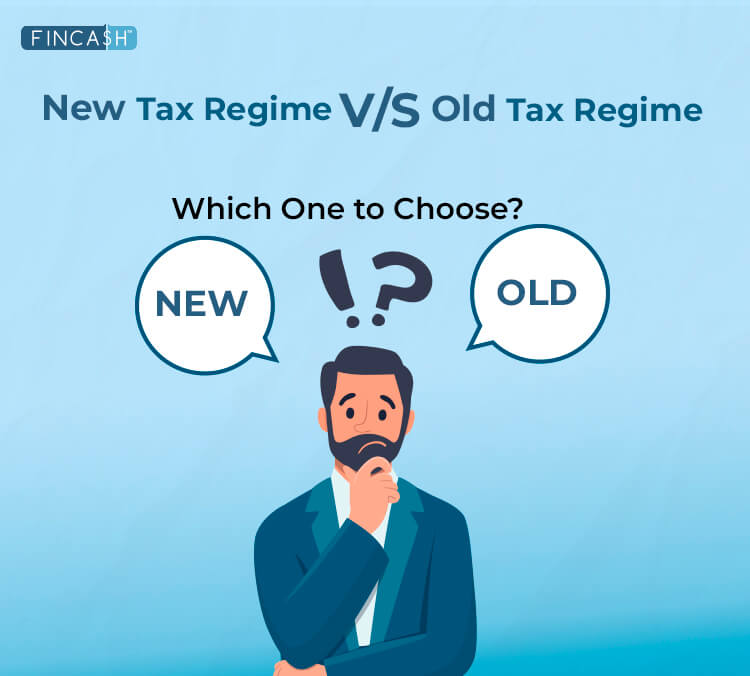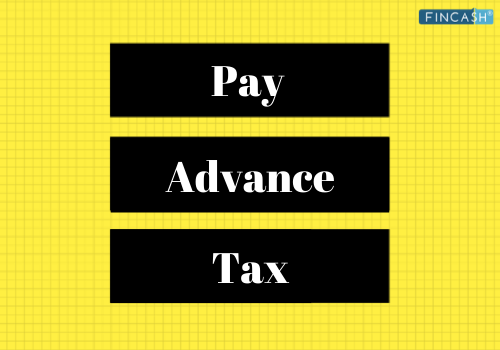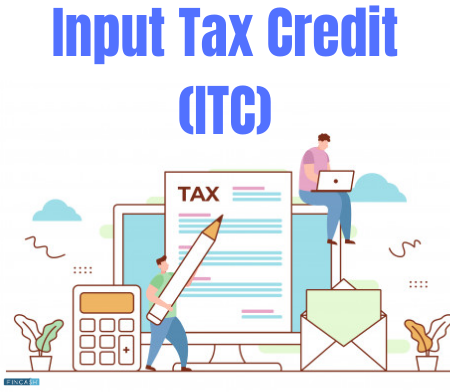
What is a Flat Tax?
Every taxpayer, regardless of Income bracket, pays the same Tax Rate under a Flat tax system. A flat tax, in most cases, applies the same tax rate to all taxpayers and allows no deductions or exclusions. As a result, dividends, payouts, Capital gains, and other investments are not taxed in most flat tax systems or plans.

Flat tax supporters argue that it encourages taxpayers to earn more because they are not penalized with a higher tax band. Also this system makes filing simpler. While, the opponents claim that the system unfairly burdens low-wage earners in exchange for reduced tax rates for the rich. A progressive tax system, according to critics, is more equitable than a flat tax system.
Flat Tax Advantages
One of the advantages of a flat tax rate is that it is simple; everyone pays the same amount of tax. It is less complicated than the progressive tax rate, with multiple tax rates for different income levels.
The intricacy of the progressive tax system, for example, costs taxpayers a lot of money and time to implement, resulting in various tax estimates for each person. On the other hand, a flat tax ensures that everyone pays the same rate, lowering the cost of implementation.
Flat tax supporters also argue that the tax system is fair when compared to other tax systems. For example, every taxpayer pays the same tax rate, and there are unlikely to be many complaints about some taxpayers being charged too much while others are charged too little. In addition, it differs from progressive and regressive tax systems, which impose various tax rates on different groups of taxpayers.
Talk to our investment specialist
Flat Tax Disadvantages
Opponents of the flat tax argue that it is unfair and unfairly burdens low-income earners. Even though all income groups pay the same tax rate, low-income workers have less money to live comfortably and maintain their living standards.
On the other hand, high-income earners have a lot of money to spend, which is disproportionately large compared to low-income earners' net income after Taxes. This objection, however, ignores the fact that most flat tax ideas exempt the lowest-income taxpayers from paying any taxes.
Progressive Tax
In the progressive tax system, high-income earners pay a higher tax rate, while low-income earners pay a lower rate. Most countries, including the United States, adopt a progressive tax system, which is thought to be more equitable.
Regressive Tax vs Flat Tax
A flat tax rate has some similarities to a regressive tax, in which the tax rate drops as the quantity of Taxable Income grows. Higher-income earners profit from a regressive tax system because they pay less tax as their income rises.
Low-income individuals lose a higher percentage of their income to government taxes under a regressive tax system. In contrast, the wealthy pay a lower rate but a higher gross dollar amount.
All efforts have been made to ensure the information provided here is accurate. However, no guarantees are made regarding correctness of data. Please verify with scheme information document before making any investment.












